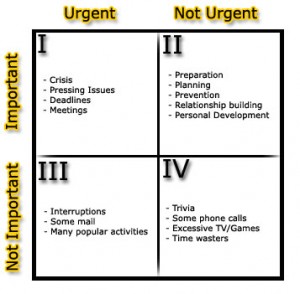 The 7 Habits of Highly Effective People
The 7 Habits of Highly Effective People
By Stephen R. Covey
[The following is a synopsis of The 7 Habits]
HABIT 4: Think Win/Win:
“Why don’t we agree to communicate and find out what we can agree upon.”
Win/Win is not a cosmetic idea, it is a philosophy designed to look for solutions that allow everyone to win. Is it really possible? Some believe that it is idealistic, especially in the competitive business world. BUT what if you try going win/lose? You lose customers. What if you go for lose, win, you lose your business? The only realistic approach is win/win.
 If you let your friend get only what he wants, it’s a win/lose.
If you let your friend get only what he wants, it’s a win/lose.
Lose, win is being nice and is not a good idea. Nice guys finish last.
Win, win is more rigorous, because you have to be nice but confident, empathic but brave. It is the balance between self-respect and respect for others, which is the fruits of Habits 1, 2, 3.
What if you can’t get Win/Win?:
The alternative is Win, Win or No deal. If there is no deal you will stop manipulating. If we can’t work out a win, win deal then we must go for no deal. I/You don’t have to manipulate you, no point going into no deal situation.
There is enough to go around for everyone: that’s the abundance mentality (optimism) as opposed to the scarcity mentality (pessimism) i.e. lose, win or win, lose.
So it’s Win/Win
OR
No Deal.







